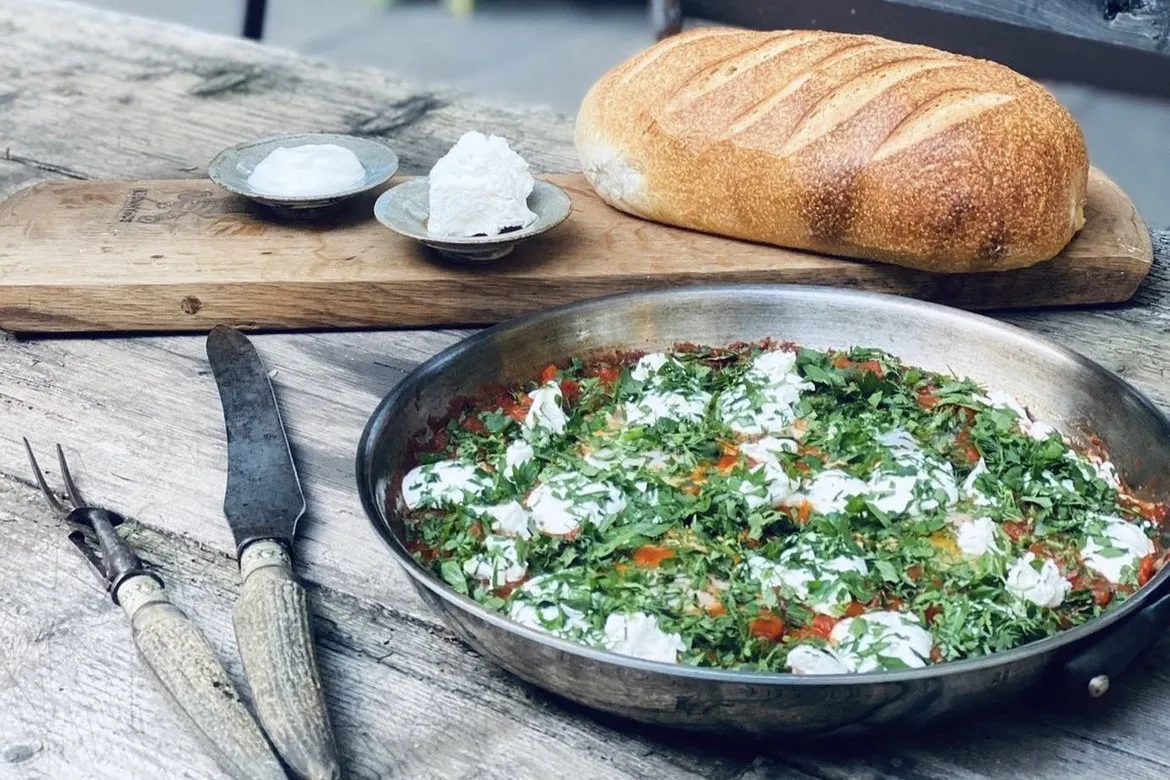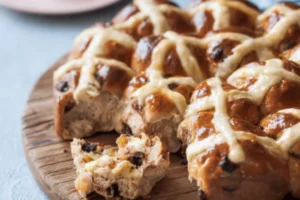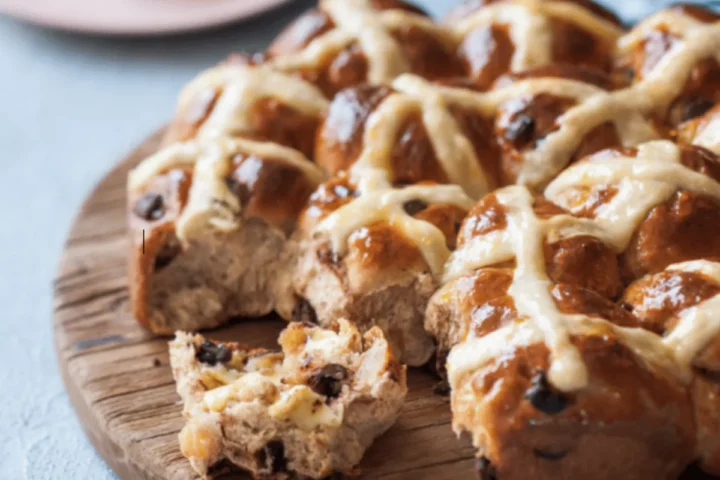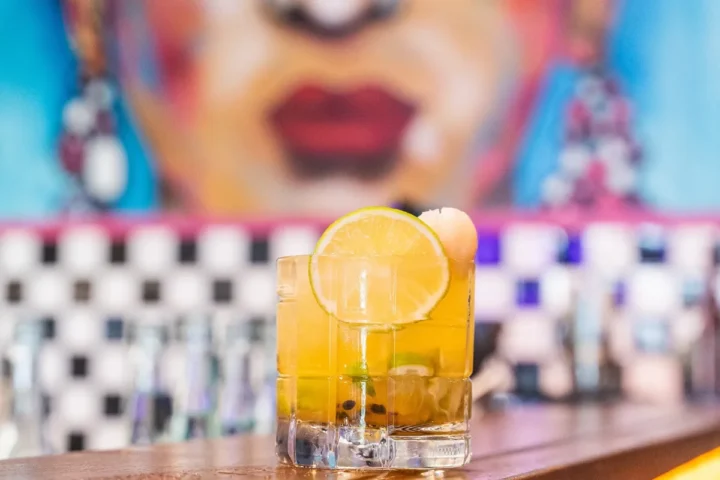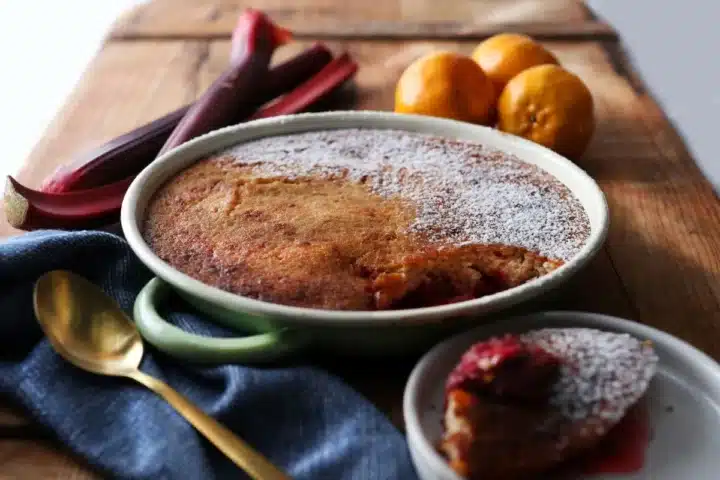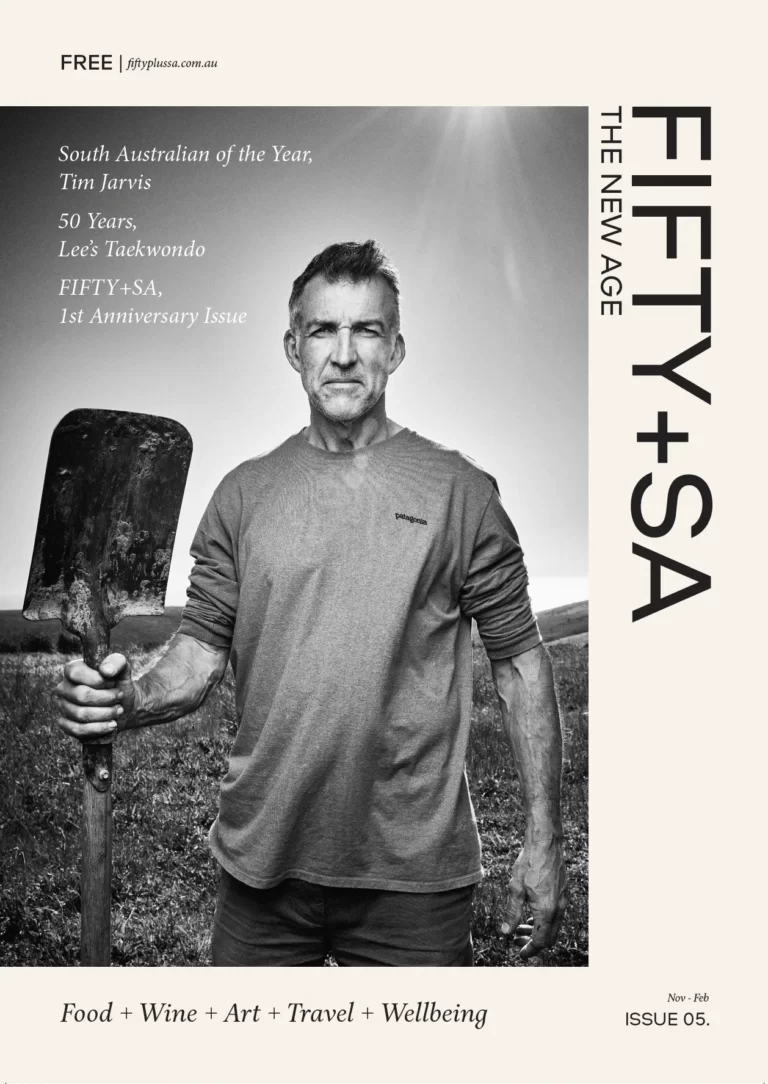In a world where borders blur and cultures merge, the essence of one’s heritage is often the last vestige of identity. For those who have gone on the courageous journey of immigrating to a foreign land, the preservation of cultural food, memories and traditions becomes a vital lifeline connecting them to their roots.
My own story follows a similar path. Growing up in vibrant, inner-city Norwood, I remember being surrounded daily by a melting pot of European immigrants. They were intoxicating, boisterous and fun times and so many of my memories centre around food and the remarkable individuals who graciously shared their cultural treasures with me.
So, here I want to delve into some of the flavours and recipes of some extraordinary individuals who continue to enrich our lives through their culinary heritage.

A journey of discovery
I first experienced food envy at a very young age. As a child growing up in Norwood during the 70s, I soon realised there was more to life than white bread with the crusts trimmed off. We were sitting in the sandpit from memory. As I munched on mundane shelf-stable Kraft cheese sandwiches made with white bread, my senses were brought to life by the aromatic food festivals taking place in the kitchens of neighbouring homes. Mysterious. Exotic. Deep. And at the time, un-Australian. I fell in love with something I couldn’t quite describe. All I knew was, I had to know more. The multicultural tapestry of cosmopolitan Norwood, a haven for European immigrants and their various cuisines, had ignited within me a yearning and desire to learn and embark on a quest for adventure that continues to this day. Wandering its streets, I found myself irresistibly drawn to the homes of these warm, welcoming and ever generous families. They accepted me, an “interesting pasty, freckled, mop-haired, non-stop chatterer of a kid,” and introduced me to a world of new languages, flavours, and traditions.
The language of food
Food was the glue in our suburb. The great equaliser. It became the universal language that effortlessly bridged any gaps created by cultural differences. With each lunchbox treat or shared meal, a dialogue unfolded, nurturing my insatiable sense of wonder and desire for unity. The plastic-covered chairs and tables, unfamiliar yet inviting, bore witness to food masterpieces that expanded my culinary horizons week after week. There were exotic broths made with chicken feet, vibrant chilli and passata. I experienced mouthwatering moussaka for the first time, and Varenyky too, along with delicate filo parcels filled with spinach and feta. I became the human embodiment of the phrase “eyes bigger than your stomach.” Given the frequency with which I lobbed on the doorstep of my new neighbourhood families, usually peering past my host into their kitchen, I should be able to speak half a dozen languages. Sadly, I cannot. As part of their generosity and desire to make me welcome, rather than have me try and understand their mother tongue, they forewent yet another familiar element of their lives and communicated with me using every last word of English they knew.
Even as a child immersed in this cultural mosaic, I often contemplated the immense bravery of those who left their homelands, armed with little more than resilience and hope. The process of adapting to a foreign country, navigating language barriers, and finding a sense of belonging is a daunting task. Yet, immigrants have repeatedly demonstrated extraordinary levels of strength and resourcefulness. They are often forced to rebuild their lives from scratch, discovering new ingredients, learning new customs, and reshaping their identities.
Yet in this kaleidoscope of experiences, it is food that emerges as a powerful symbol of nourishment and connection. When language fails, the historical and traditional beauty of culinary offerings transcends barriers, conveying sentiments that words alone cannot express. Immigrants, through their food, knit together the fabric of their homeland with the threads of their adopted country, creating a harmonious weave that tantalises our taste buds and opens our hearts.
As I sit here, reflecting on the countless meals that have touched my soul, served always with a broad smile, I am overwhelmed with gratitude and a profound sense of privilege. I have been blessed to taste flavours that stole my heart at an early age and set me on my path. I have learned, been inspired and educated and found purpose, fuel and passion through the cuisines of others.
We celebrate and highlight a handful of extraordinary individuals who have generously shared their recipes, thoughts, and stories, becoming beacons of inspiration and cultural preservation.
We will go on a gastronomic journey with renowned chefs and cooks who have graciously contributed their wisdom, memories and traditions. From the artistic prowess of Poh Ling Yeow and the vibrant Afro-Asian fusion of Duncan Welgemoed to the soulful Afghan recipes of Durkhanai Ayubi and the delectable creations of Rose Adam, Ceci Lymm, Daniella Guevara Muñoz, Emma McCaskill, and Terry Intarakhamhaeng. Our food scene pays tribute to these and so many other cooking pioneers, whose heritage paints a vivid picture of culinary diversity and unity.
As we savour the recipes and memories shared by these exceptional individuals, let us remember the invaluable role cultural food plays in our lives. It is a reminder of the remarkable journeys people undertake and the courage they embody as they navigate their new land. By celebrating cultural food, memories, and traditions, we honour the legacy of those who came before us while nurturing a rich tapestry of flavours, customs, and connections that enrich our lives and transcend borders. We embrace the generosity and resilience of others and continue to cherish and preserve the diverse culinary heritage that unites us all. I’ll eat to that!
Talking food, you’ll find Mandy Hall showcasing her work on Instagram:
This is a multi-part series where will go on a journey with renowned chefs and cooks where they share with us their cherished memories and their beloved recipes.

